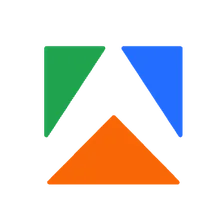HAR files for URL list
Pricing
Pay per usage
HAR files for URL list
Generates an HTTP Archive (HAR) file for web pages specified by a list of URLs in JSON or CSV file. Optionally, the pages can be loaded using proxies from a specific country. The resulting HAR files are stored in the key-value store or in the dataset.
Pricing
Pay per usage
Rating
0.0
(0)
Developer

Apify
Actor stats
4
Bookmarked
39
Total users
2
Monthly active users
2 years ago
Last modified
Categories
Share

